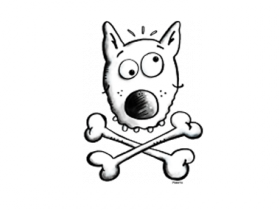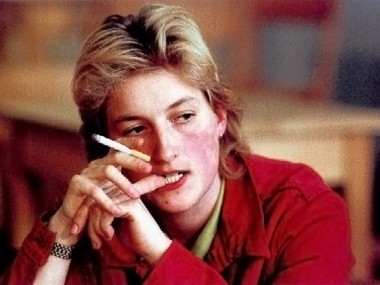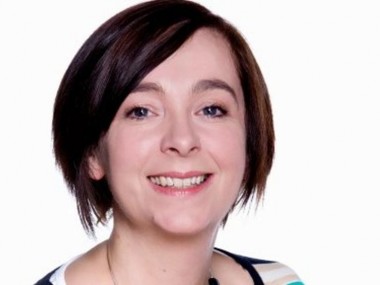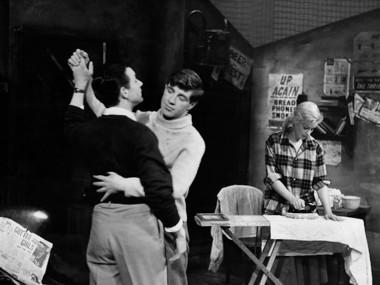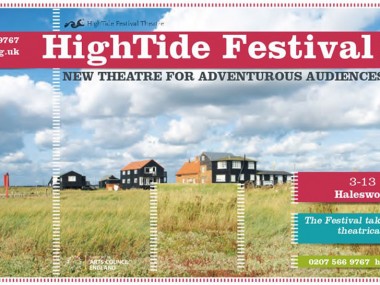About The Art of the Artistic Director
Thursday 7th March 2019
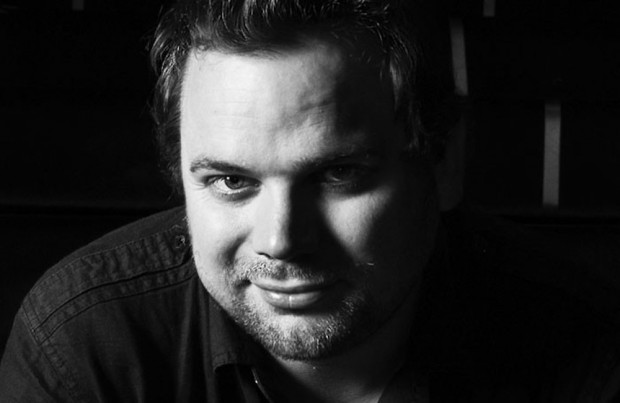
Christopher Haydon is the former artistic director of the Gate Theatre in London. Drawing on his experiences in the job, which he fulfilled very successfully from 2012 to 2017, he has now turned to writing about the role of the artistic director, pointing out that while there are many books about directing, there is precious little about artistic directors. And this is odd because they are the people who have power in the theatre: they create their venue’s identity, decide which plays to put on — and make sure that the whole place is warm and friendly, and financially viable. To find answers to the problems that all ADs face, he interviews 20 of the best from both sides of the pond: the result is The Art of the Artistic Director: Conversations with Leading Practitioners (Methuen Drama). The interviewees include Sarah Benson and André Bishop in New York, Oskar Eustis (San Francisco/New York), Robert Falls (Chicago) and Diane Paulus (Harvard). Nearer home, Haydon talks to Vicky Featherstone (Royal Court), Sarah Frankcom (Royal Exchange Manchester), Kwame Kwei-Armah (Young Vic/Baltimore), David Lan (Young Vic), Tom Morris (Bristol Old Vic), Rufus Norris (National), Josie Rourke (Donmar), Indhu Rubasingham (Kiln) and Madani Younis (Bush). Okay, okay, I know that lists are boring. (Apologies to those I left out for reasons of space). Of course, recent job reshuffles mean that the British landscape has radically changed, but the book still remains an excellent snapshot of what a range of ADs think. Haydon is empathetic, gently probing and manages to get some indiscrete admissions among all the usual arts speak and PR chat. I smiled at Featherstone’s initial disdain for the “affluence” of Chelsea; Frankcom on the temptation to cut a section of Simon Stephens’s On the Shore of the Wide World; Norris on how he’s different from his predecessor Nick Hytner’ and Rubasingham on being “battle ready” to face controversy, surely a reference to her decision to change the Tricycle’s name to Kiln. Often, when listening to these ADs you want to interrupt and protest — surely a good thing! So I really enjoying reading these interviews, and it’s good — in the Brexit era — to have an international perspective. In the end the quote that stays with me is Featherstone’s truculent: “If they don’t want me, then fuck it. I don’t care. I’m going to do something else.” A great mantra for anybody preparing for a job interview.
© Aleks Sierz

